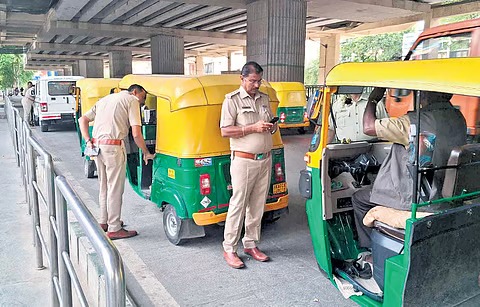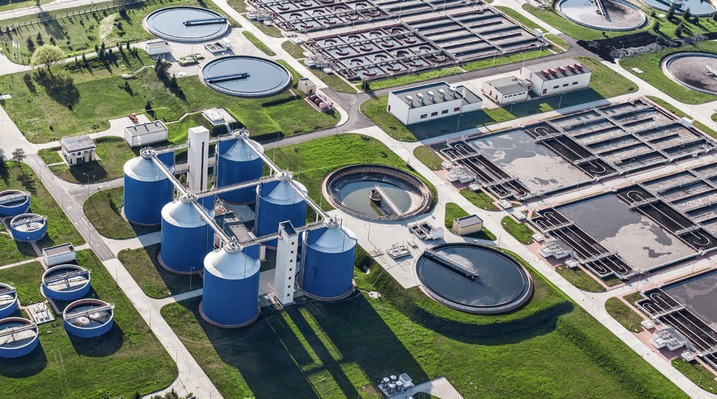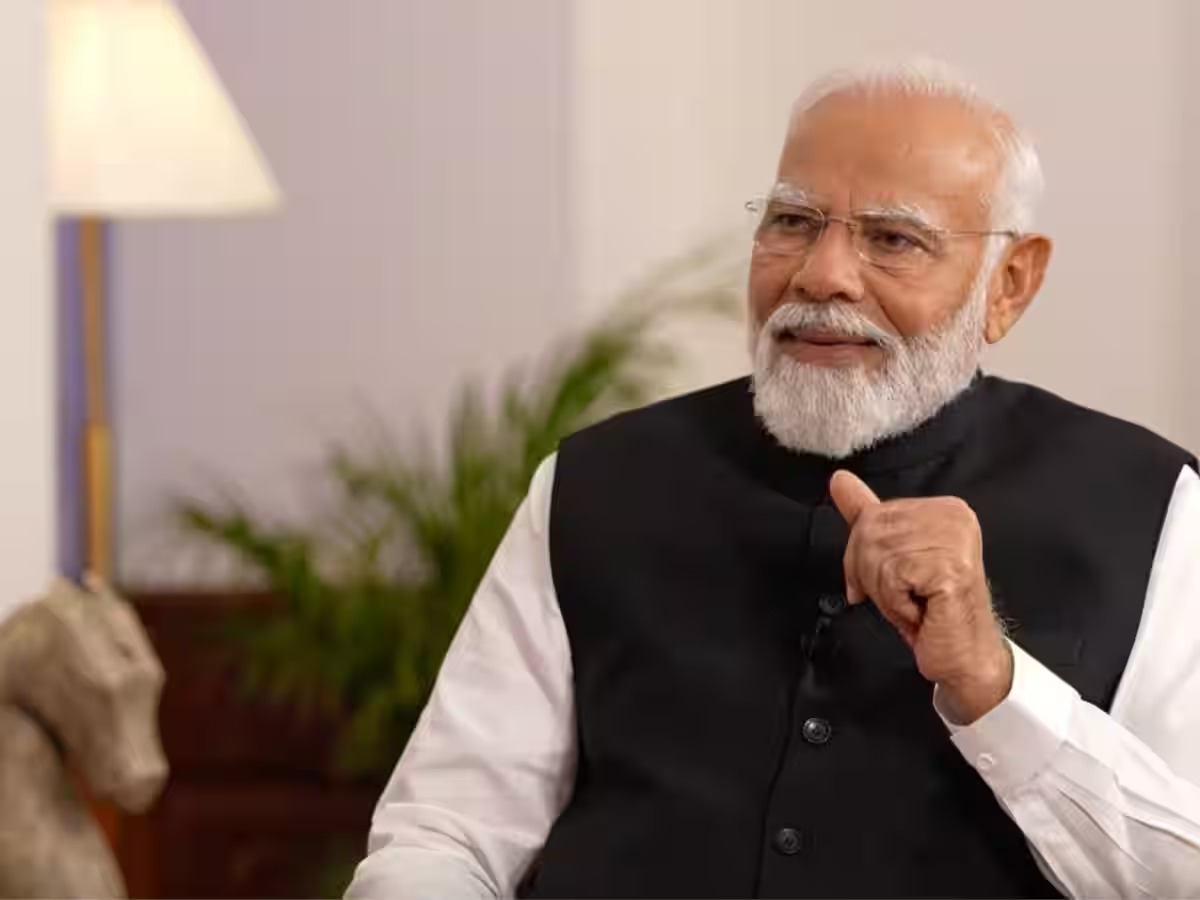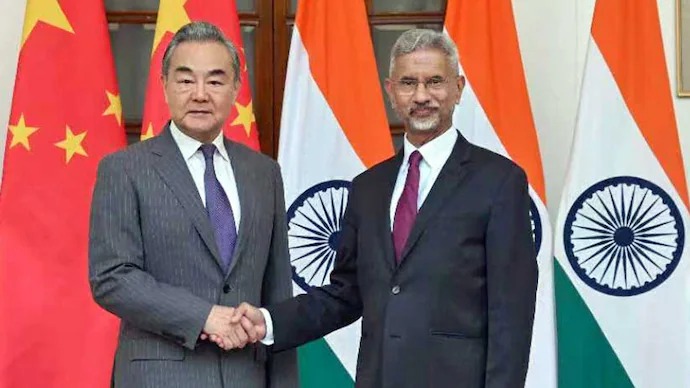
Follow WOWNEWS 24x7 on:

Bengaluru’s autorickshaw landscape is undergoing a major transformation as revised fare structures come into effect and enforcement agencies crack down on non-compliant drivers. Beginning August 1, 2025, commuters across the city are seeing new meter rates, stricter rules, and intensified monitoring—all aimed at restoring fairness and transparency in one of the city’s most relied-upon transport modes.
The Regional Transport Authority (RTA) of Bangalore Urban District has officially implemented the fare hike, while the transport department and traffic police have launched a coordinated campaign to ensure compliance. For daily commuters, this marks a shift in both cost and conduct expectations.
Key Highlights from the Fare Revision
- Minimum fare for the first 2 kilometers increased from Rs 30 to Rs 36
- Per-kilometer rate beyond the initial 2 km raised from Rs 15 to Rs 18
- Night-time fare (10 pm to 5 am) now charged at 1.5 times the normal rate
- Waiting charges remain unchanged: first 5 minutes free, Rs 10 for every additional 15 minutes
- Baggage up to 20 kg is free; Rs 10 per kg thereafter, capped at 50 kg
Meter Recalibration Deadline and Compliance Push
Auto drivers have been given until October 31, 2025, to recalibrate their meters to reflect the revised fares. The RTA has mandated that all autos display the updated fare chart prominently and ensure that meters are stamped and verified. Failure to comply will result in penalties, including permit suspension and vehicle seizure.
- All meters must be reverified and stamped by October 31
- Fare charts must be visible inside every autorickshaw
- Drivers found overcharging or refusing rides face fines and permit cancellation
- Enforcement teams have begun surprise checks across BBMP limits
Crackdown on Overcharging and Illegal Operations
The fare revision has been accompanied by a city-wide crackdown on autos operating outside legal norms. In June and July, the transport department filed over 260 cases and seized 98 autorickshaws for overcharging, refusing rides, and operating without valid permits. The drive has intensified in August, with officials targeting hotspots near metro stations, tech parks, and commercial hubs.
- Special enforcement teams deployed across key commuter zones
- App-based autos and cash-only operators under scrutiny
- Drivers refusing short-distance rides or demanding flat rates face immediate action
- Public complaints via WhatsApp and helplines are being actively tracked
Commuter Sentiment and Public Reaction
While the fare hike has sparked mixed reactions, many commuters support the move if it leads to consistent meter usage and reduced fare disputes. However, concerns remain about enforcement gaps and the persistence of bargaining culture. Senior citizens and daily wage workers have voiced frustration over inflated fares and driver non-compliance.
- Commuters demand stricter enforcement and real-time grievance redressal
- Comparisons drawn with cities like Pune, where meter adherence is near universal
- Some users report paying two to three times the meter fare during peak hours
- Calls for app-based fare tracking and digital receipts gaining traction
Policy Rationale and Industry Response
The fare revision follows sustained lobbying by auto unions, who cited rising fuel prices, maintenance costs, and inflation. The last fare hike was in November 2021, and prior to that, in 2013. Drivers argue that the new rates are still below sustainable thresholds and have demanded a minimum fare of Rs 40.
- Auto unions continue to push for further revisions citing cost pressures
- RTA maintains that the current hike balances commuter affordability and driver viability
- Discussions underway to introduce GPS-based fare monitoring and digital meters
Looking Ahead
With the new fare structure now in force and enforcement drives gaining momentum, Bengaluru’s autorickshaw ecosystem is entering a phase of recalibration. For commuters, the next few months will be crucial in determining whether the reforms lead to lasting improvements in service quality and fare transparency.
Sources: India Today, Times Now, The Hindu, Moneycontrol, The New Indian Express.




